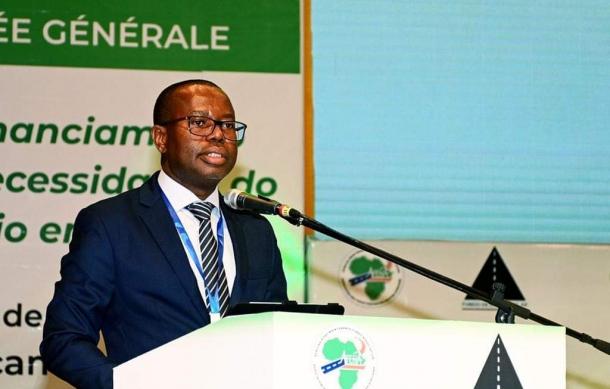
The Road Fund Administration (RFA) has, over the past two years, doubled its funding allocations to local authorities, from N$104 million to N$216 million.
This, according to RFA CEO Ali Ipinge, is a demonstration of the institution's commitment to improving urban roads that have endured years of underfunding.
Ipinge says the institution's targets are only achievable if road users pay their fair share of road user charges and, through government support, keep the country's N$120 billion worth of road assets in good condition.
The RFA recently reported that N$2,42 billion in revenue was collected in the past financial year, of which N$1.3 billion was derived from fuel levy income.
According to Ipinge, revenue here is constrained by the gradual increase in fuel-efficient vehicles and the advent of electric vehicles.
The RFA is now challenged to identify new road user charge revenue sources in order to cover the funding void created by the diminishing fuel levy.
Failure to adopt new funding sources, Ipinge states, will subsequently lead to underfunding and the extensive deterioration of national roads.
The RFA has committed to increasing its investment in the road sector by 25% for the period 2023–2028 to accommodate strategic and national road projects.





